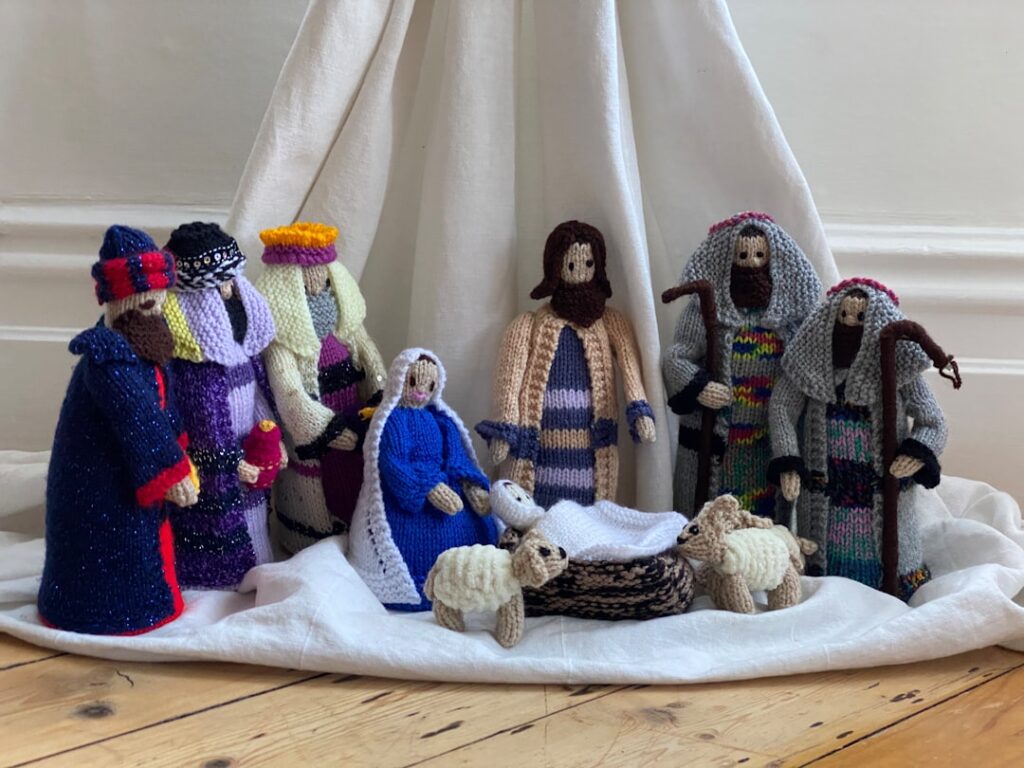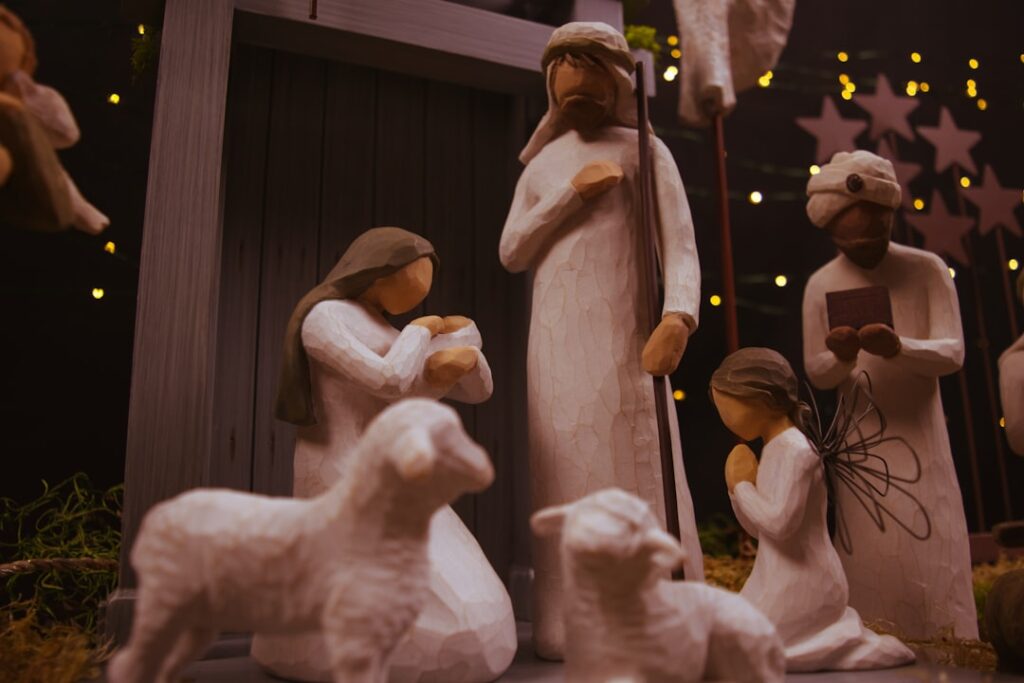 After just experienced the most astonishing three years of his life, seeing miracle after miracle and hearing the most profound and life-transforming words to ever be uttered from the lips of man, Peter the fisherman, disciple, apostle is at a place where grace is about to define his future.
After just experienced the most astonishing three years of his life, seeing miracle after miracle and hearing the most profound and life-transforming words to ever be uttered from the lips of man, Peter the fisherman, disciple, apostle is at a place where grace is about to define his future.
God really loves us?
Apart from Jesus, we have all had moments of regret. Our hopes, dreams and aspirations can feel decimated by the consequences of poor decisions, disobedience, anger or resentment. We can be oppressed by disappointment and despair, losing sight of what is of real value and joy, not just to ourselves but to the heart of God. We are loved not by the measures that we can scope or understand, but infinitely, and with a love that is beyond comprehension. We simply have no idea of the depths, width or height of the absolute, unconditional love of God that is demonstrated in God’s redemptive purposes in Christ for us.
Peter has some issues. Having denied the Lord three times he has now witnessed the judgement of Jesus at the court of Pilate, watched from a distance as Jesus is brutally crucified, has died. He also knows for a fact that Jesus in no longer in the grave having seen the empty tomb. In the passionate, compelling narrative of the gospel, John suddenly in chapter 21, slows the pace of the narrative down to tell us of the continuing, gracious ministry of Jesus as he draws Peter back to himself. His glorious work of reconciliation, affirmation, calling and sending so typical of Jesus earthly days, continues unhindered.
Does God really love us?
It is a massive story, one that you need to read once a month to reinvigorate you own heart. (John 21) In it you may find the answers that puzzle your own heart. One of the questions the cross answers emphatically, (it’s the pride and arrogance of our own heart that dares to question it) is does God love us? The death of Christ on the Cross answers that question. Our sinful unbelief is what rallies against our heart and questions, judges God’s words and actions and puts us in a place where God ‘seemingly’ accountable to us. God loves us.
Reading into the narrative?
Peter doesn’t have that problem. His problem is he is painfully aware of his part in Jesus’ sufferings. Having said that, we must be careful not to read our own narrative into scripture and to put words, thoughts and deeds into the drama of Peter, which may not be accurate.
The Word of God is living and active though, and very often as we encounter it – the Holy Spirit causes it to rage as a fire in our hearts. We know what God is saying, meaning, declaring.
The puzzle of Peter’s heart about grace, forgiveness and reconciliation deepens as John, the disciple who Jesus loved, stands over Peter’s shoulder and hears Jesus asking the question that all of us have to answer. “Do you love me?”
It’s a question which has an answer that is not reciprocated, and for good reason. Jesus has already demonstrated the unfathomable depths of his unconditional love for Peter. There was nothing about Peter for which Jesus would give His life. Jesus loved Peter because He loved Peter. Jesus, as God does things that only God can, and will do. Jesus gave His life in obedience to the Father – and the Father love us. The trinity at work, expressing perfect love – mystery of mysteries.
Denial – once or seven times…
Three times the question is raised. The story is too close to the crucifixion not to associate it with Peter’s three denials of Jesus, but we don’t necessarily have to do this. Whether the question was asked once or seven times, it is a formidable question, and Peter feels the full, probing depth of its scrutiny.
Jesus is not questioning Peter’s heart, motives or loyalties. Peter probably did that for himself as he encounters his own heart. John looks on the scene and sees Peter now struggling, searching his own heart and cites that Peter in v.17 is grieved because the Lord has asked him ‘the question’ a third time. It is difficult enough if the Lord asks a first time… but a third?
Jesus never challenges Peter’s response. If you say you love God it is verified by your obedience, not be words(1 John 5:3). Love can always be demonstrated and is visible (John 13:1) and perhaps Paul has the greatest synopsis of love in his dissertation on love in 1 Corinthians 13.
Puzzled by love
Your heart may be puzzled by the love of God demonstrated in the death and resurrection of Christ for you, but you can take Him at His word, more than that, you dare not do anything other! God loves you – he said it, demonstrated it, and reaffirms it continuously and without condition.
 What can you do to make God love you? Nothing.
What can you do to make God love you? Nothing.
What can you do to make God stop loving you? Nothing.






